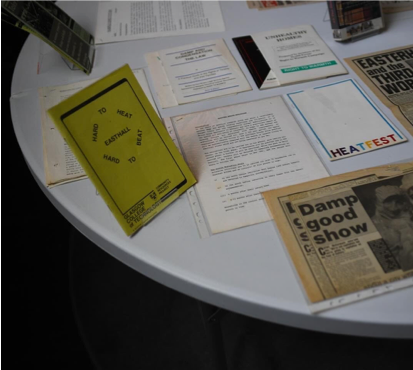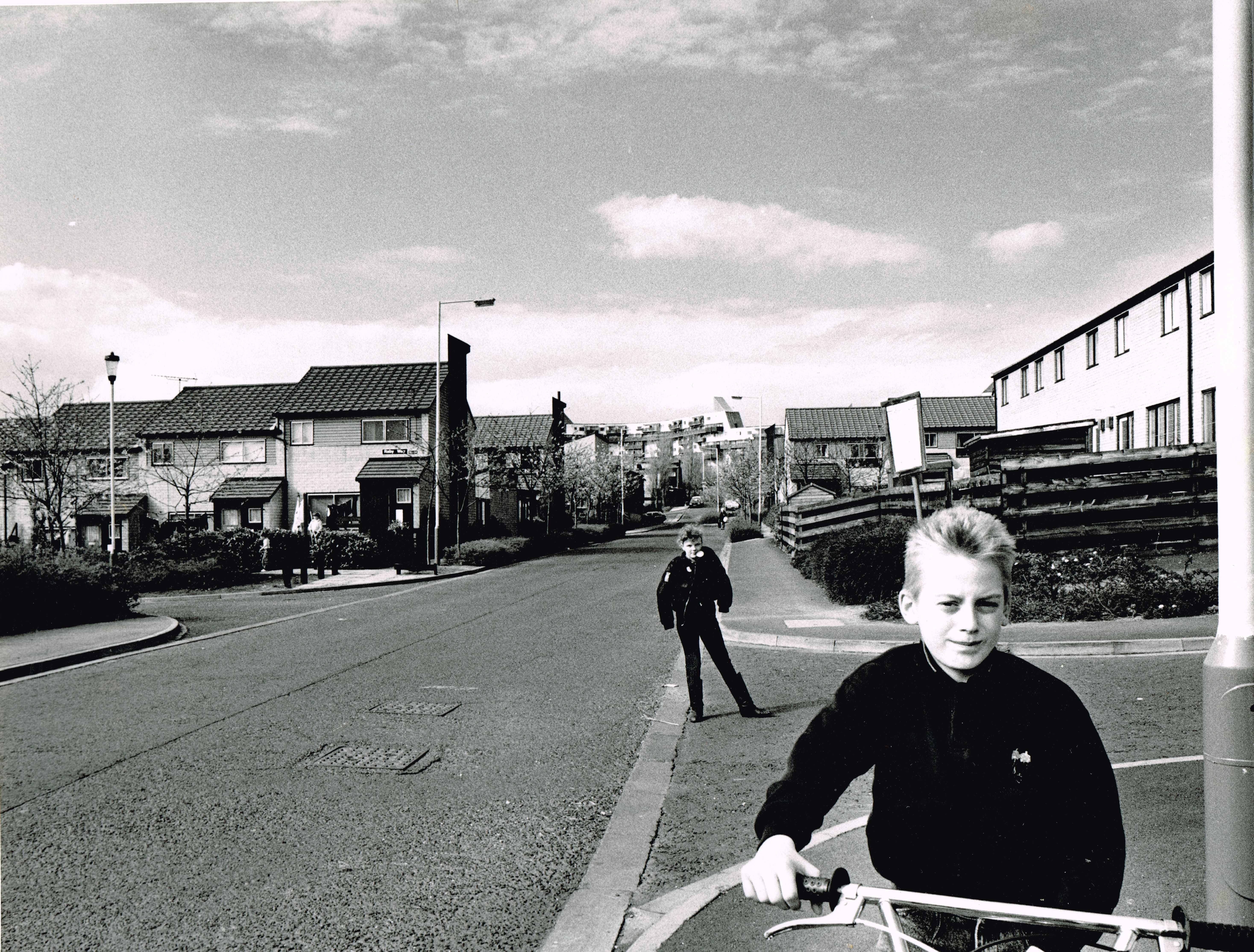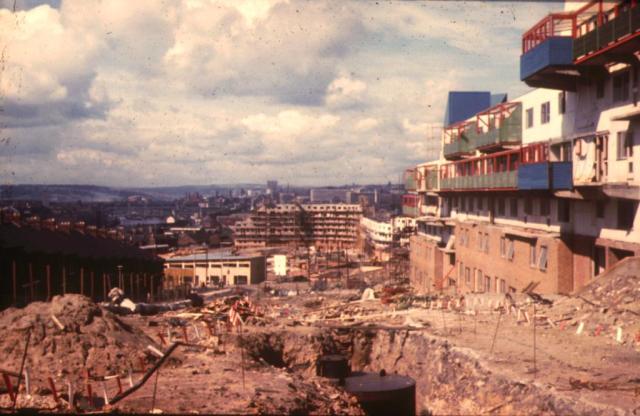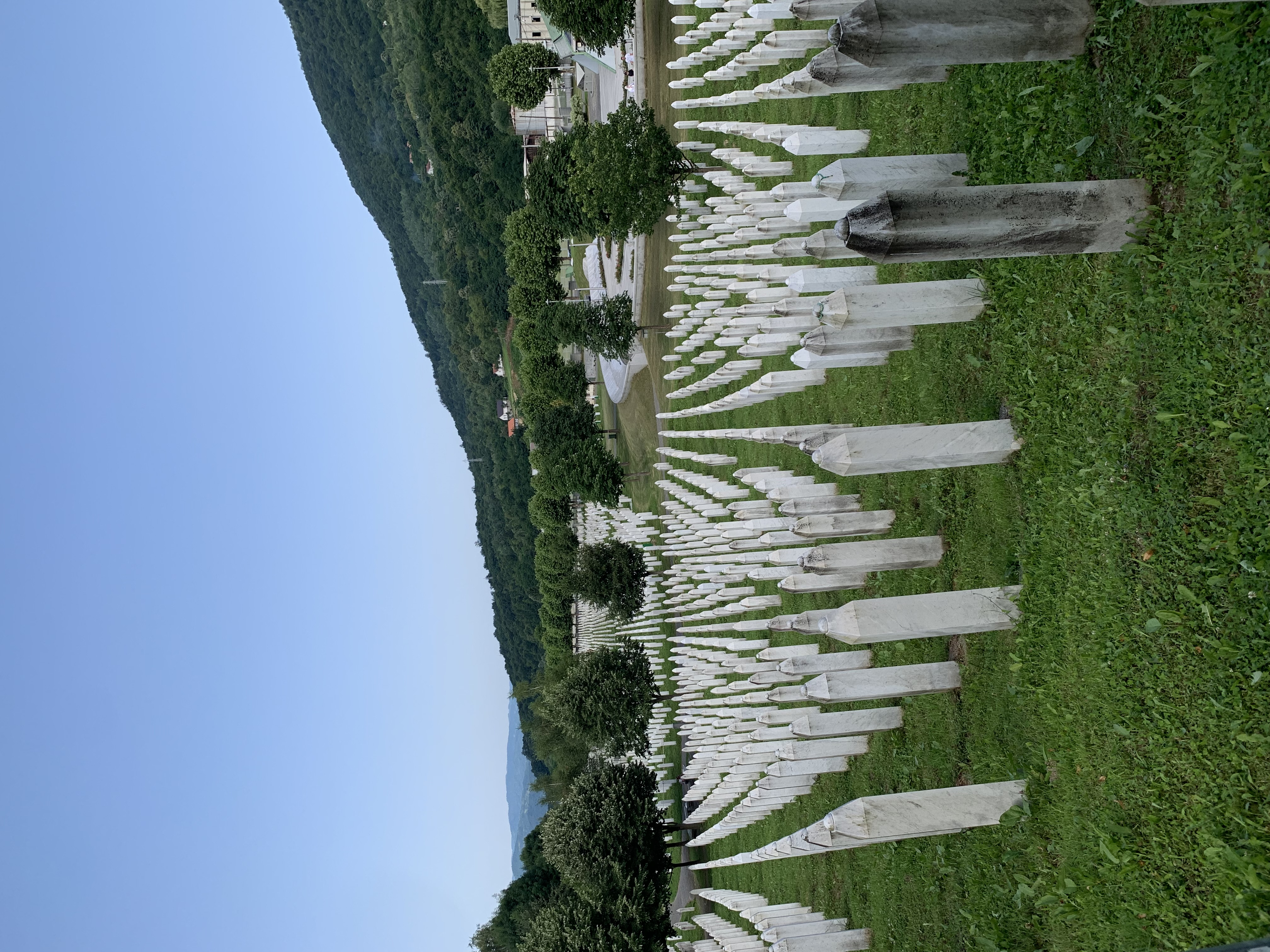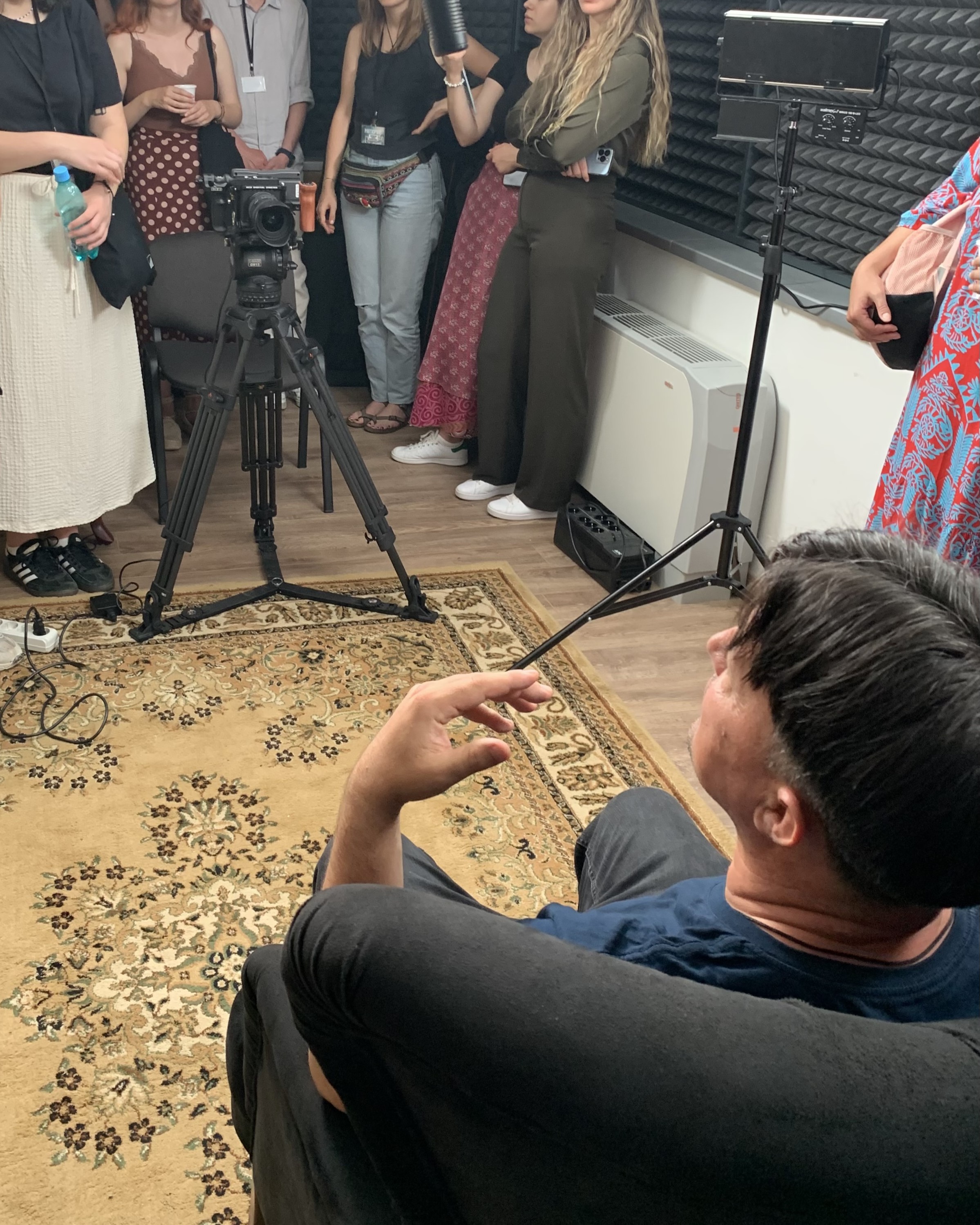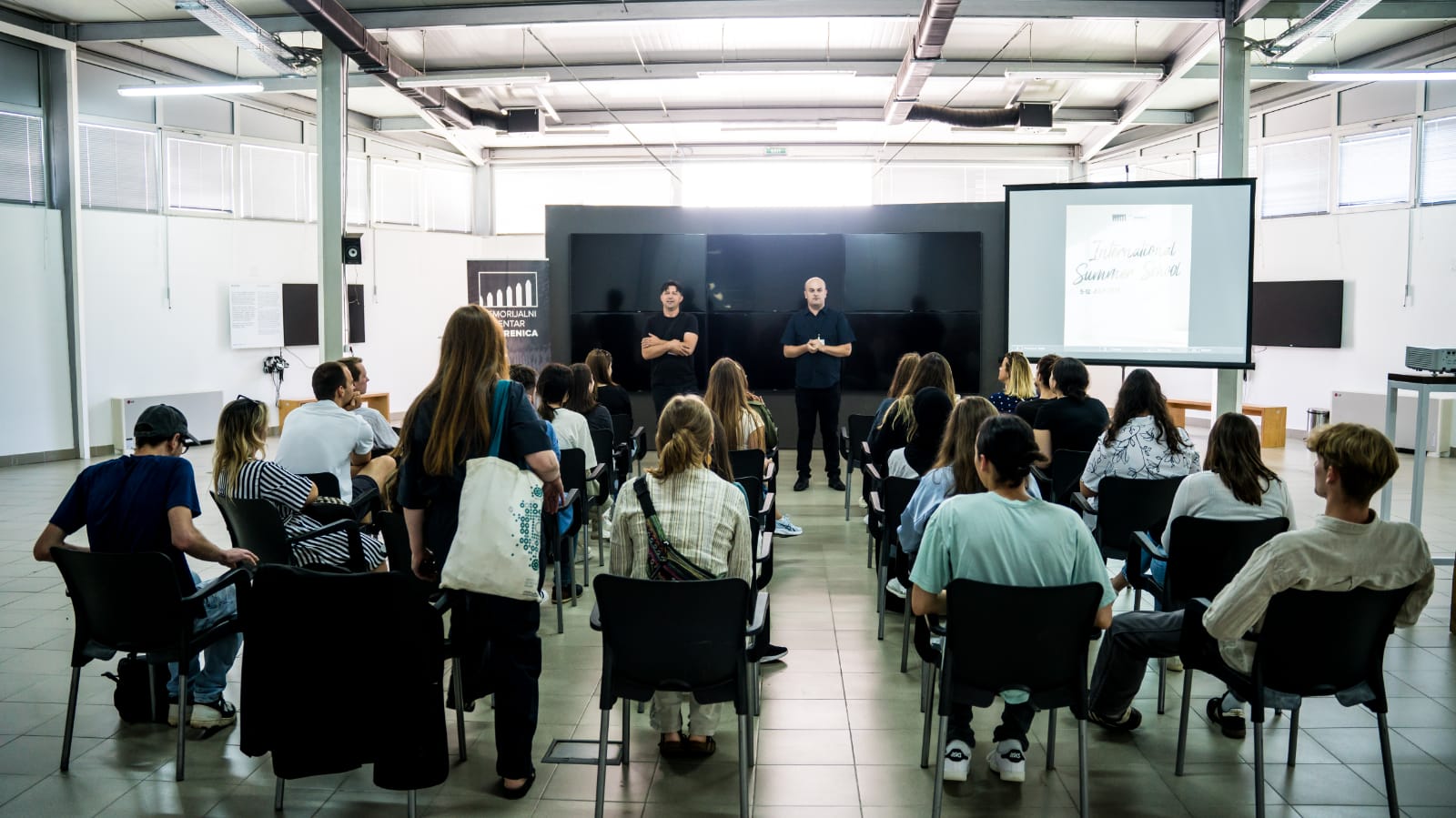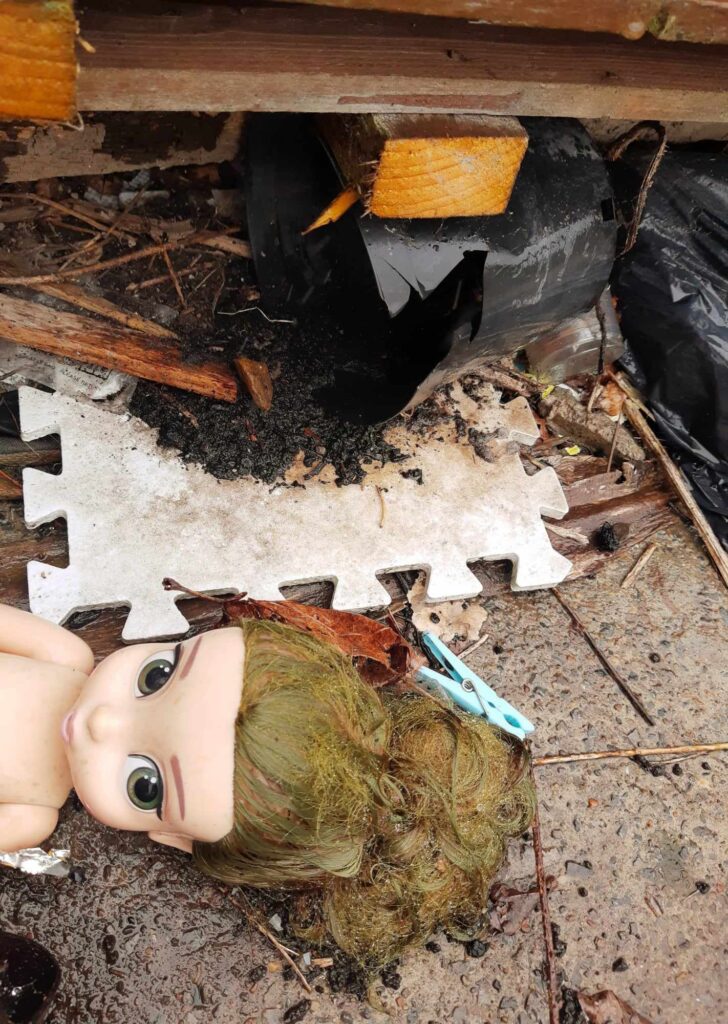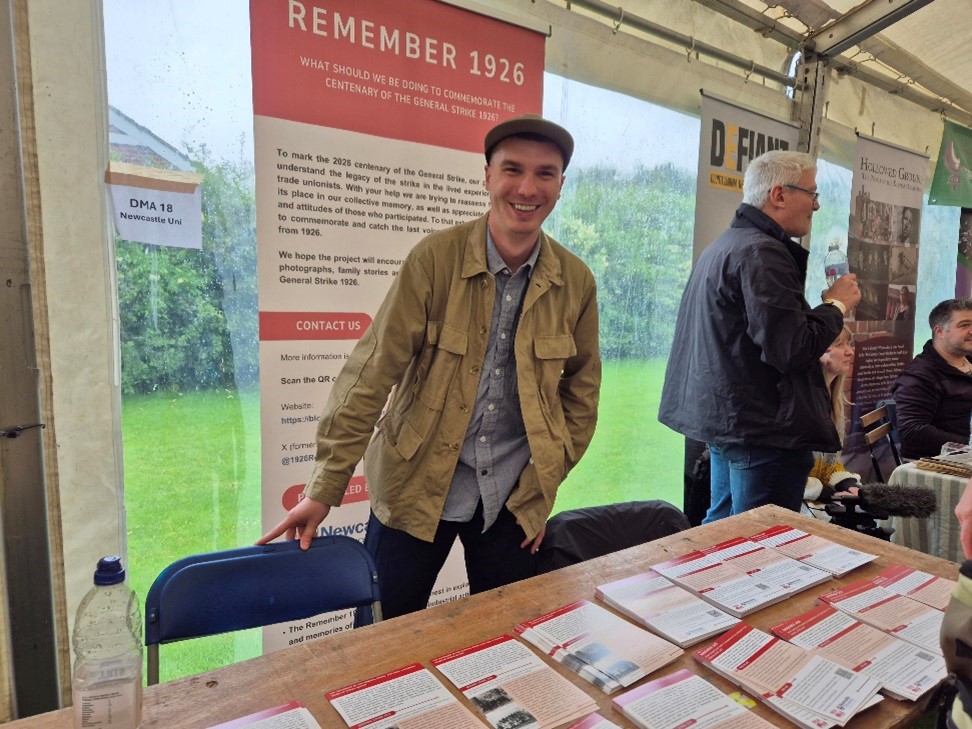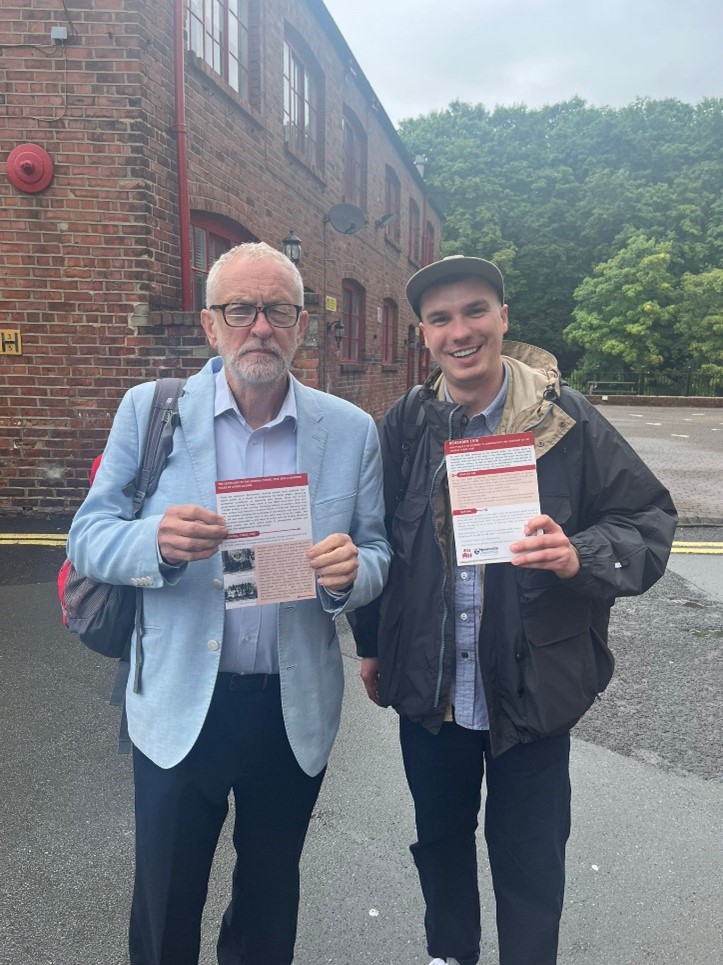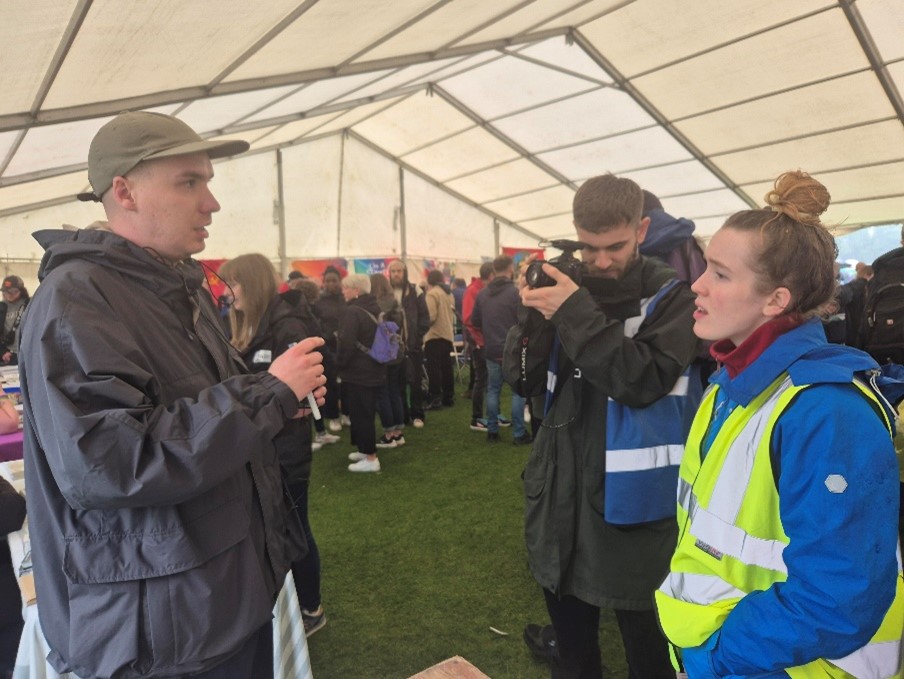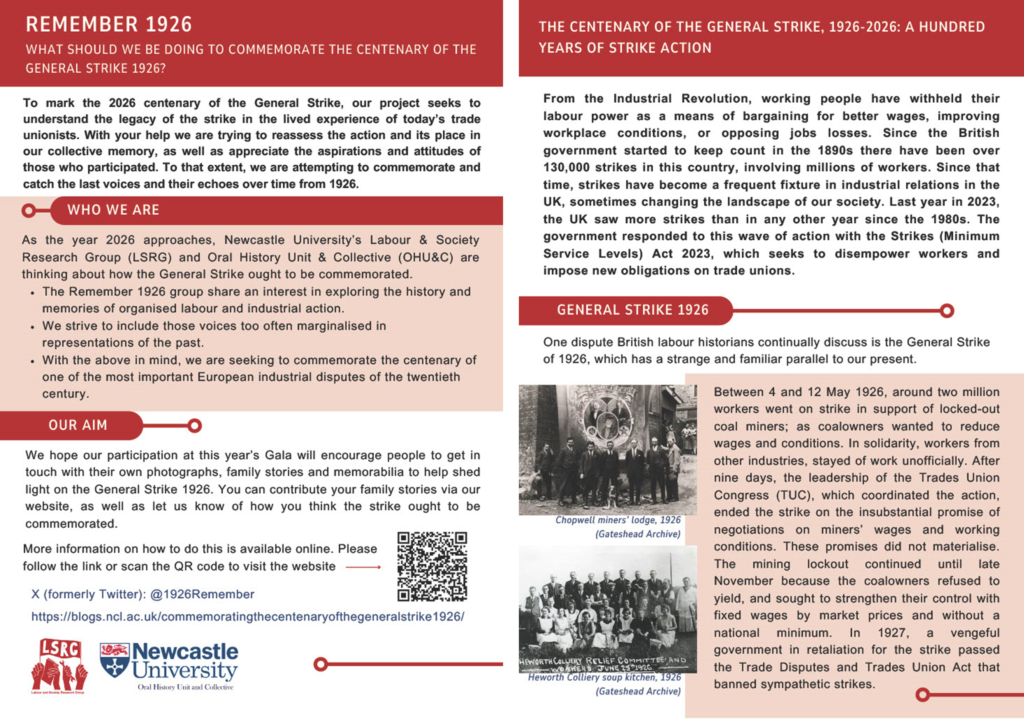The Glasgow Housing Struggle Archive (GHSA), dedicated to documenting Glasgow’s housing and community movements, is launching an education programme from February to May 2025. Hosted at the Glasgow Zine Library and funded by the Deindustrialisation and the Politics of Our Time Trade Union Diffusion Award, the programme aims to create enduring community resources – including oral histories – to preserve the history of Glasgow’s housing struggles and its links with the trade union movement. Additionally, it aims to equip trade unionists and members of Scotland’s Living Rent tenant and community union with the skills and knowledge to document and preserve these histories.
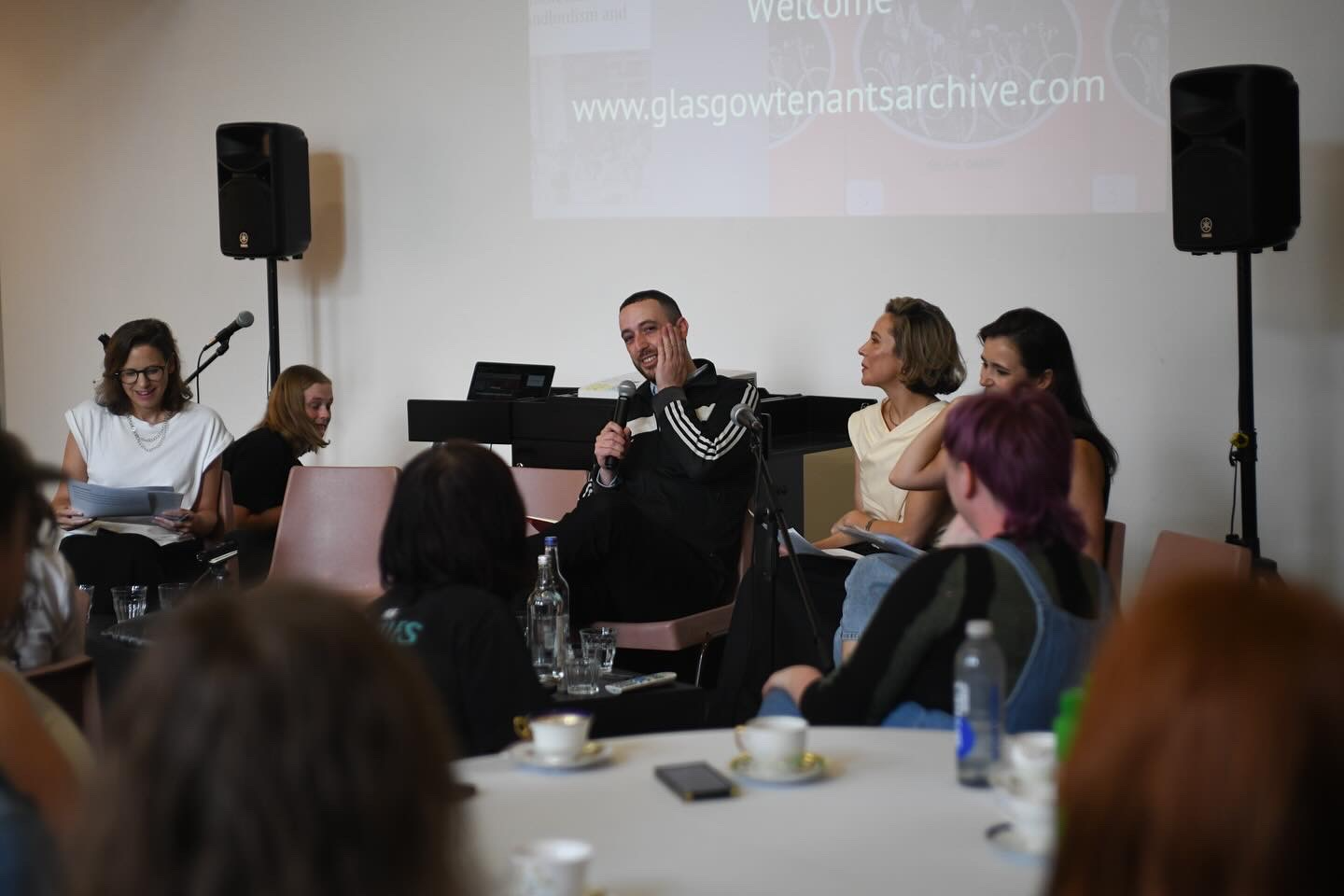
Workshops and Events
From February to May 2025, the Glasgow Housing Struggle Archive (GHSA) is hosting a series of workshops aimed at documenting and preserving the city’s housing and community movements, funded by a Deindustrialisation and the Politics of Our Times (DeOT) Trade Union Diffusion Award. The education programme aims to create enduring community resources – including oral histories – to preserve the history of Glasgow’s housing struggles and their intersections with the trade union movement.
It also hopes to build skills and knowledge among trade unionists and members of Living Rent (Scotland’s tenant and community union), supporting workers to document and record new stories and struggles in turn. Events will take place at the Glasgow Zine Library, a self-publishing library and community arts space. Attendees will then be invited to gather oral testimonies of housing, community and labour struggles, intended to be preserved in GHSA, as well as the Scottish Oral History Centre, with which GHSA are partnering.
In March, GHSA will host a scanning and digitisation workshop led by Paula Larkin, Archivist with Spirit of Revolt Archive, with a focus on digitising campaign leaflets, photos and pamphlets. In April, attendees will learn about cataloguing an archival collection with archivists from the Glasgow Zine Library. The programme will culminate in a session during the Glasgow Trades Council’s public May Day programme.
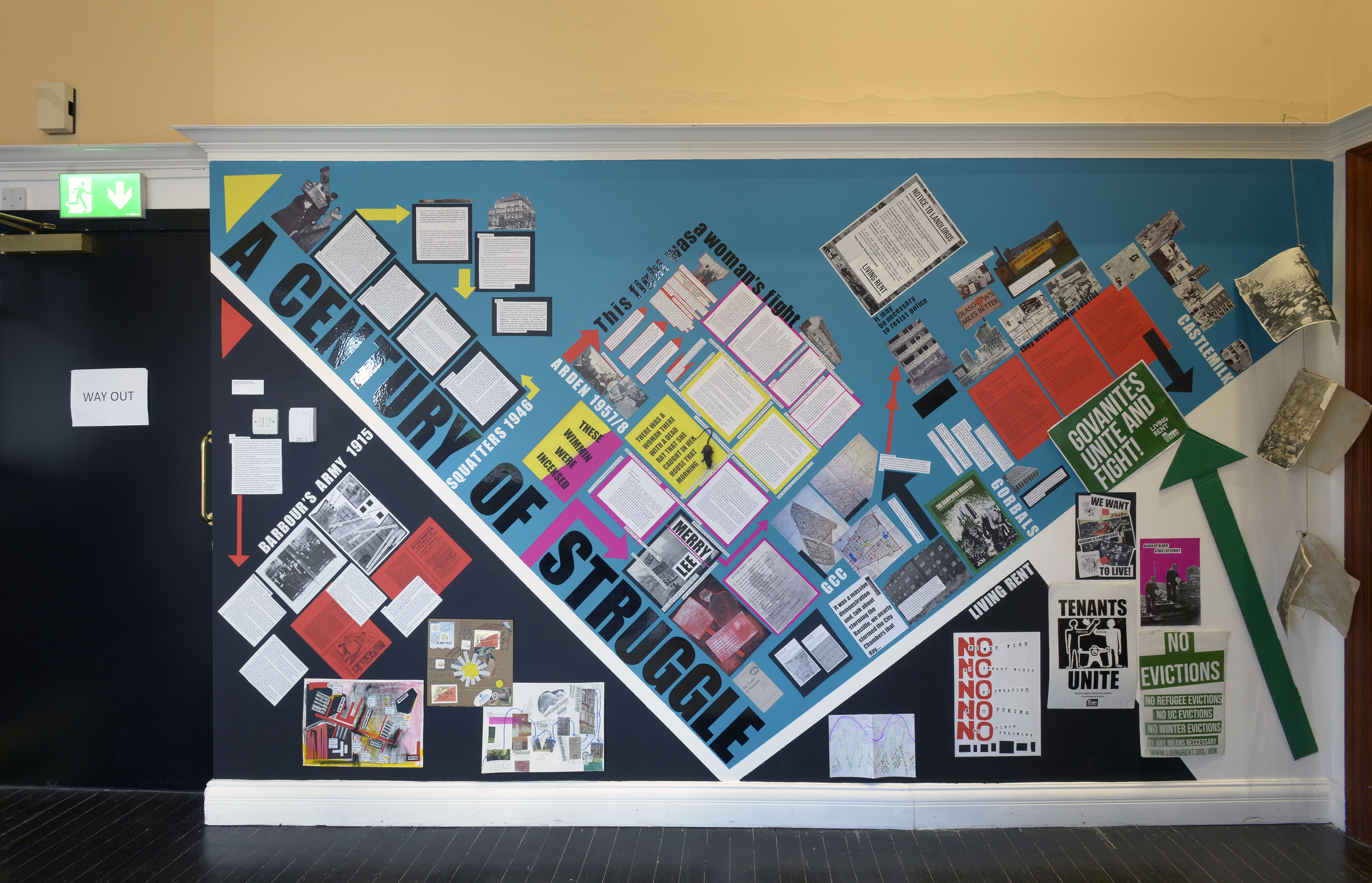
About the Organisers
The programme is organised and facilitated by members of GHSA’s collective: Joey Simons (Living Rent), Kirsteen Paton (University of Glasgow), Kirsten Lloyd (University of Edinburgh) and Oral History Collective member Kate Wilson (Newcastle University). It began in February with an oral history training workshop for trade and tenant union members, delivered by Kate.
About the GHSA
The Glasgow Housing Struggle Archive is an evolving project to document, share and learn from our city’s long history of housing movements. The past decade has seen the emergence of tenant and community unions like Living Rent that continue this radical tradition, and the GHSA also aims to record this ‘history in the making’ by working with union members and organisers.
We believe that social change happens most effectively when the working class gets to know – and tell – its own histories from below, and a core part of the GHSA’s project is to activate historical material through popular political education, discussions, workshops, walking tours, film screenings, exhibitions and publishing. We want to show how over 150 years of rent strikes, demonstrations, occupations and campaigning people have fought and won in the city, and can continue to shape it today.
